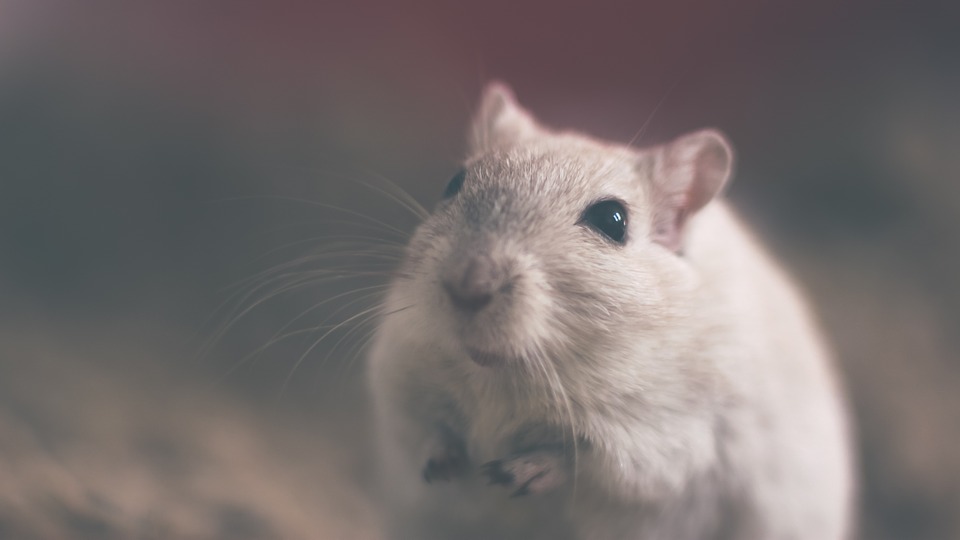Texas’ Mutant SuperMouse: The Sober Superhero
Ranging from apes on a planet to crime fighting ninja turtles and an anti-hero-come-wolf with adamanantium skeleton and claws – Hollywood is nothing short of ‘mutants’ in every shape, form and size. However, could research at the University of Texas Austin be making the next smallest mutant to help save the world?
 No, this isn’t a pitch for the next Hollywood blockbuster, but rather a summary of the research being undertaken in Texas. In specific, a collection of University of Texas researchers believe they could unravel new treatments for alcohol abuse by constructing a “supermouse” mutant that cannot get drunk. Research, such as this, could be extremely helpful given the difficulty in treating alcohol-related disorders. Currently, scientists are still uncertain on the molecular mechanisms involved in intoxication and withdrawal. Hence, current therapies to treat alcohol-related disorders remain wholly ineffective.
No, this isn’t a pitch for the next Hollywood blockbuster, but rather a summary of the research being undertaken in Texas. In specific, a collection of University of Texas researchers believe they could unravel new treatments for alcohol abuse by constructing a “supermouse” mutant that cannot get drunk. Research, such as this, could be extremely helpful given the difficulty in treating alcohol-related disorders. Currently, scientists are still uncertain on the molecular mechanisms involved in intoxication and withdrawal. Hence, current therapies to treat alcohol-related disorders remain wholly ineffective.
Previously, researchers at the University of Texas discovered a method to prevent alcohol withdrawal symptoms in a simple animal model – a tiny worm. The research revealed that mutation expressively decreases the level of alcohol withdrawal symptoms in a worm, fundamentally “curing” alcohol withdrawal in worms. Furthermore, the research revealed alcohol vigorously stimulates the BK channel, which has the net effect of dampening neuronal activity. In relation to this, the lab discovered that mutating one ration of the BK channel prevents alcohol activation.
Nonetheless, the manner in which humans act when drunk is complex, with far more variables than a worm. Consequently, the current need is to experiment on a more complicated animal – a mouse with the same mutation. Essentially, this would epitomize a “supermouse” that remains sober and avoids the incapacitating symptoms of withdrawal. Optimistic results would ideally lead to drug development that specifically targets the BK channel and could be utilized by those with addiction problems.
Thus, whilst there is no indication of a “SuperMouse’ making it to the big screen, research such as this could have huge impacts on society and the innovation of suitable drugs for alcohol abuse and addiction. Indeed, it marks huge strides in the field of biology, pharmaceuticals and patient care. Overall, the results of this type of research will aid pharmaceutical companies and granting agencies to invest in effective drug treatments.
Undeniably, innovation through research and development (R&D) is a key enabling element in the medical field and patient care. If your business is developing new, emergent or alternative medical technologies and services, you may be eligible for funding and support. Many companies do not recognize the scale of their qualified undertakings, or if they are eligible. Swanson Reed offers expertise across a wide assortment of industries and has helped many clients achieve tax cash savings under the R&D tax credit scheme. Contact us today to find out more.
















